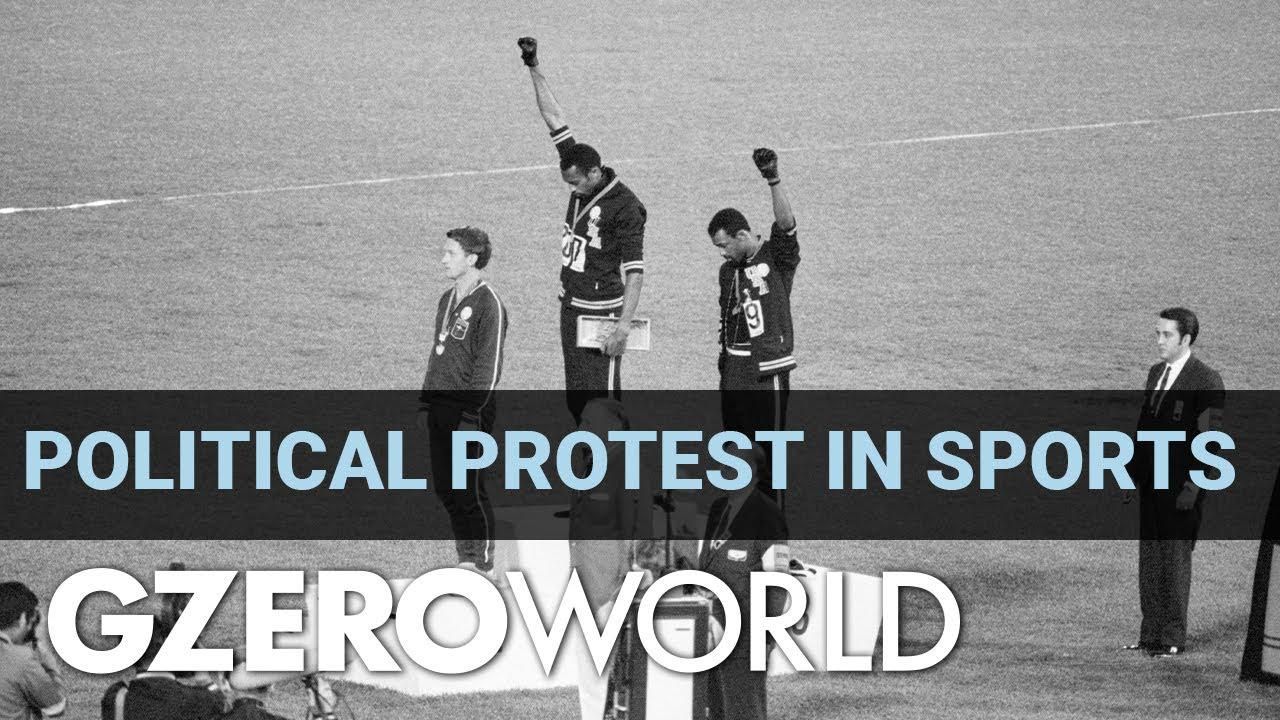GZERO World Clips
The new Olympic spirit of protest

Ian Bremmer Explains: The New Olympic Spirit of Protest | GZERO World

Politics at the Olympics are nothing new. In 1968, two black athletes who won medals in the 200m race raised a fist to protest racial inequality, a move that got them banned from the Olympics for life. A few years later, the IOC introduced Rule 50, which reads: "It is a fundamental principle that sport is neutral and must be separate from political, religious or any other type of interference." As this year's Tokyo Games wrap up, they'll be remembered not just for the pandemic, or the heated local battles over whether they should happen at all. They are also a moment when Rule 50 got squishy. Whether it was soccer players taking a knee, German gymnasts in full body leotards, or Australian athletes holding up an indigenous flag, there's been a lot of protesting going on. And to some extent, the rules have been relaxed - though not everyone agrees they should be.
With the US leading production and China driving new reactor development, Bank of America breaks down the who, what, where, when, and why behind nuclear’s return. Stay ahead of global energy trends with Bank of America Institute.
Chris, an Army veteran, started his Walmart journey over 25 years ago as an hourly associate. Today, he manages a Distribution Center and serves as a mentor, helping others navigate their own paths to success. At Walmart, associates have the opportunity to take advantage of the pathways, perks, and pay that come with the job — with or without a college degree. In fact, more than 75% of Walmart management started as hourly associates. Learn more about how over 130,000 associates were promoted into roles of greater responsibility and higher pay in FY25.
Last week, at the Munich Security Conference, a group of global technology providers, including Microsoft, announced the Trusted Tech Alliance — committed to shared, verifiable principles for trusted, transparent, and resilient technology across borders. At a moment of economic volatility and zero-sum technological competition, countries and customers are demanding greater accountability from technology providers. The Alliance addresses this by bringing together companies from across Africa, Asia, Europe, and North America around shared commitments: transparent governance, secure development practices, supply chain oversight, open digital ecosystem, and respect for the rule of law — ensuring the benefits of emerging technologies strengthen public trust while driving job creation and economic growth. Explore the Trusted Tech Alliance here.